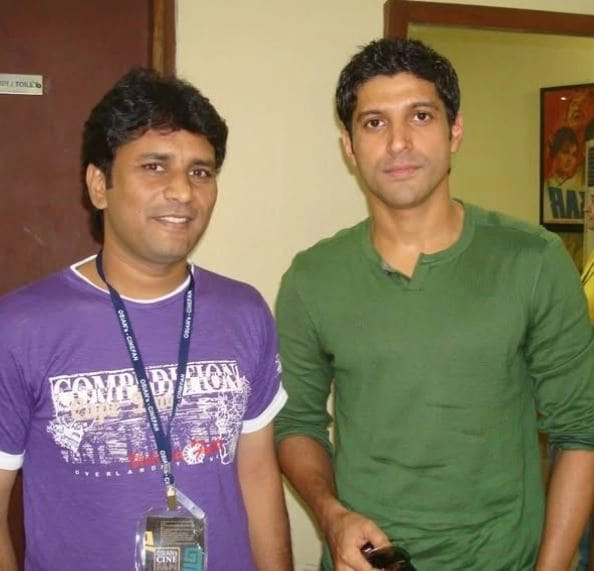Arbaaz Khan recently made headlines with his candid remarks regarding his brother Salman Khan’s infamous “no-kissing” policy when it comes to filmmaking. In the world of Bollywood, where romantic scenes often play a pivotal role in storytelling, Salman’s stance has garnered both attention and debate. Arbaaz, an established actor and filmmaker himself, offered a light-hearted take on the subject, suggesting that perhaps there are ways to convey intimacy without crossing certain boundaries. His comment, “Itna kar lete hain off-screen,” implies that while the on-screen portrayal of romantic relationships may be restrained, the emotional and physical connection can still be explored outside of conventional cinematic norms.
The Khan brothers have long been known for their close-knit bond, and Arbaaz’s remarks reflect a deep understanding of both the industry and the personal choices that come with it. Salman’s decision to steer clear of kissing scenes stems from his personal beliefs and comfort level, a stance that has sometimes led to criticism from filmmakers who feel that such scenes are vital for character development. Arbaaz, however, seems to suggest that the essence of romance can be captured through other means—be it through dialogues, gestures, or even chemistry between the actors, without necessitating actual physical displays of affection.
This conversation around Salman’s policy also opens up a broader dialogue about the portrayal of relationships in Indian cinema. The film industry has evolved over the years, with changing societal norms influencing how love and romance are depicted on screen. In this context, Arbaaz’s comments could be seen as a reminder that storytelling can be rich and compelling even without explicit scenes. It challenges filmmakers to tap into their creativity and find innovative ways to express love and connection, which can resonate deeply with audiences while respecting individual comfort levels.
Ultimately, the Khan brothers’ discussion touches on the balance between personal beliefs and professional requirements in the film industry. As audiences continue to evolve in their expectations of cinematic experiences, the challenge for filmmakers remains: how to create authentic portrayals of relationships that resonate with the audience while respecting the diverse perspectives of the actors involved. Arbaaz’s insights serve as a thoughtful contribution to this ongoing conversation, highlighting the importance of creativity and respect in storytelling.




